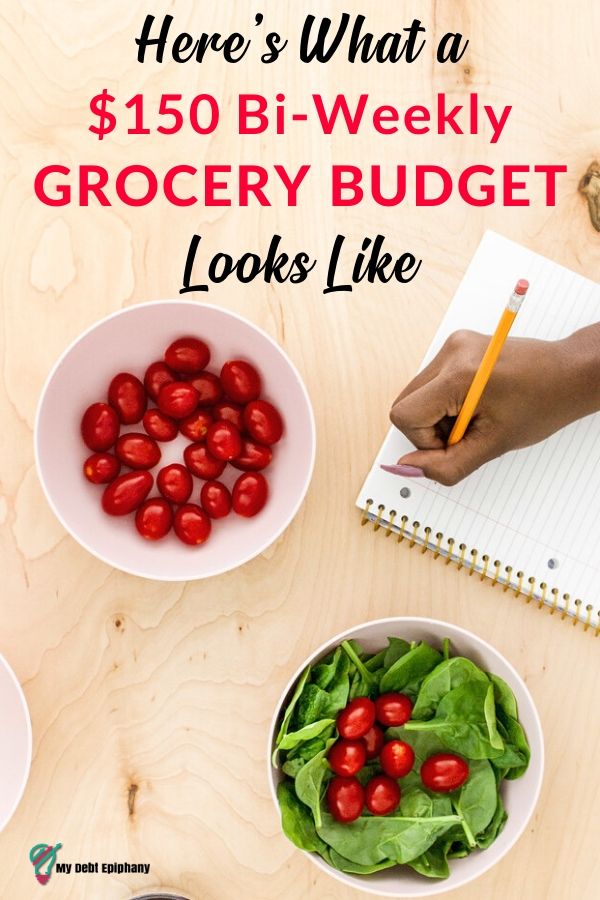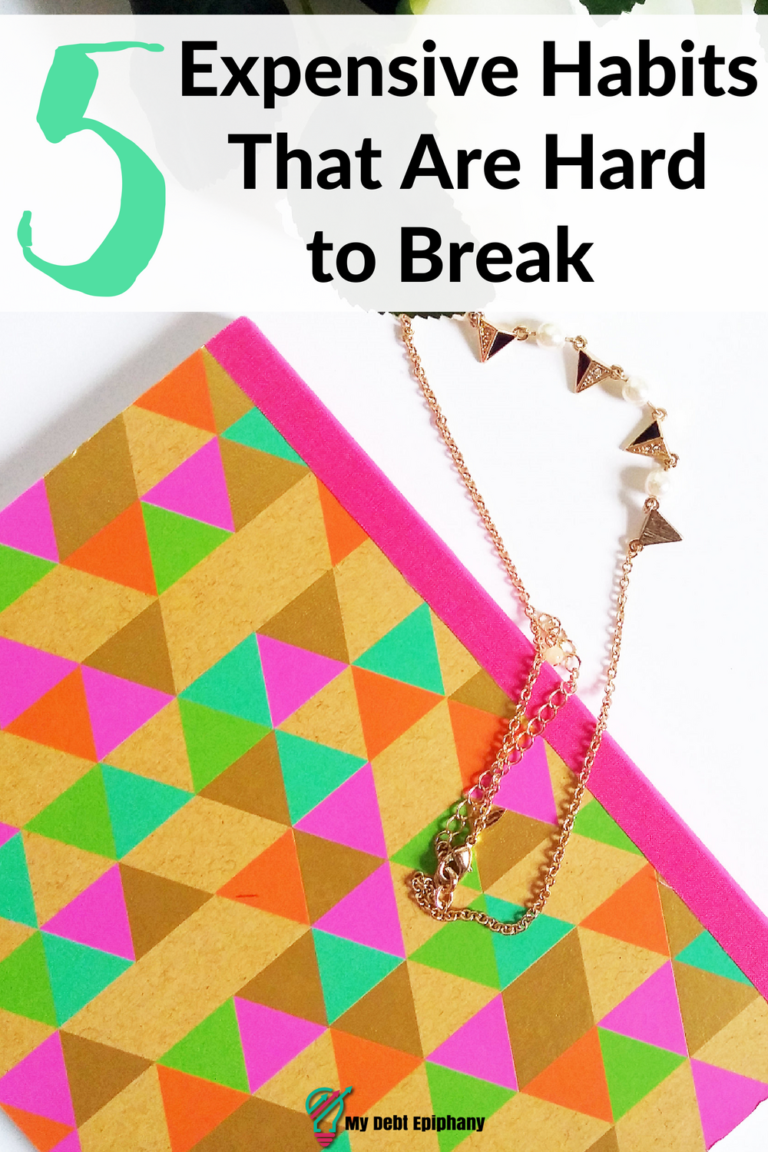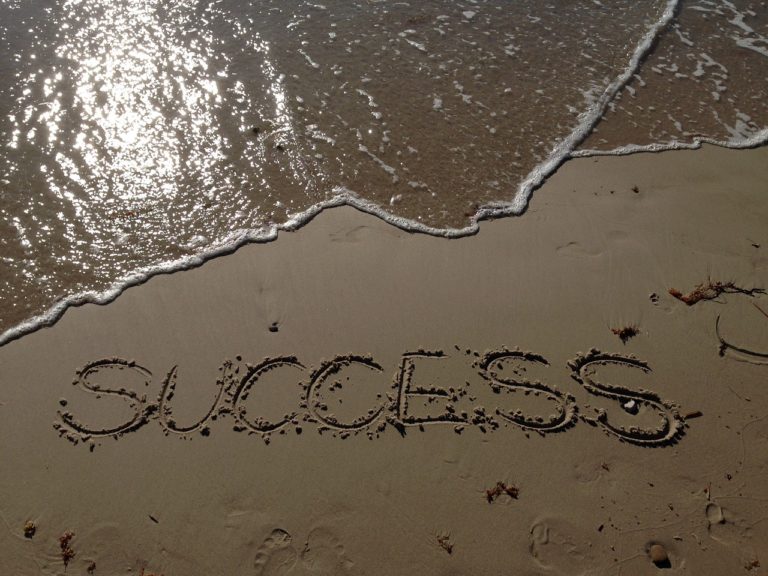6 Healthy Habits That Lead To a Better Credit Score
Each day millions of transactions take place with the help of credit sources. From bank loans to credit cards, we live in a time that provides instant purchase gratification opportunities with borrowed money.
While having the use of credit is handy for many purchases and even in a pinch, it is extremely important to manage it well so that your credit score isn’t poorly affected.
Whether you’re interested in learning ways to keep your credit score healthy or raise it from the dead, this article will provide you with useful information and tips to help you generate a better credit score.
Credit: What It Is And Why It’s Important
Credit scores became a staple of the modern financial landscape in 1989 and evolved into the FICO score, which is recognized today as the most popular credit scoring model in the U.S.
Your credit score is simply a track record of your payment history with all sources of credit such as revolving credit (credit cards), installment credit (loans), and open credit which is rarer than the other two and is usually connected to charge cards (not to be confused with credit cards).
There are three major credit bureaus that provide reports on your credit score: Equifax, Experian, and TransUnion. While they each have a slightly different method of determining your individual score they do all take into account similar aspects for deciding your points level.
The breakdown of how your credit score is calculated is usually kept under wraps by credit bureaus but MyFico provides a general idea:
- 35% is based on your payment history
- 30% is based on the amount you currently owe
- 15% is based on the length of your credit history
- 10% is based on new credit you are approved for
- 10% is based on the types of credit you use
Of course, late payments, abuse of credit such as constant refinancing, buying things you know you can’t afford at the moment and hopping around from credit card to credit card through balance transfers can also play a factor in determining your credit score.
A healthy credit score is important for many reasons but the biggest one is it determines your risk level for lenders, which can make or break you when it comes to the interest amount you have to pay them.
How to Get A Better Credit Score
When it comes to building your credit score, it takes time and consistency just like anything else worthwhile. These points below provide great insight into how you can obtain a better credit score.
Related: I Raised My Credit Score By 150 Points, Here’s How

Check Your Credit Score Regularly
It is essential that you start from the beginning and find out your current credit score number. Once you are aware of this you can truly begin to make the necessary changes.
A great tool to help you get your credit score in check even faster is by utilizing free online credit score services such as Credit Sesame and Credit Karma.
Credit Sesame provides monthly updates on your TransUnion credit score as well as provides great savings tips and information to help you bolster your credit score.
You can receive free credit reports (not scores) from Equifax’s and Experian’s websites and I highly recommend you do so. Credit reports are a great way to see your overall payment history and to dive deeper behind the credit score number itself. Also, you can check for any inaccuracies on your credit report that need to be removed.
Learn even more about how to check your credit score online for free to increase your credit score boosting opportunities.
Control Your Spending
It’s no doubt that a poor credit score stems from a lack of responsibility with spending money.
While it isn’t glamorous, budgeting and being mindful of your spending habits will certainly help you to recognize your negative money triggers and create a space for you to improve.
The questions below will help you to figure out your money habits and help you turn them around:
- Do I shop impulsively or feel a compulsion to shop?
- Is shopping a way for me to deal with negative emotions/events in my life?
- Where do I spend my money most and why?
- Do I regularly pay off my debts in full each month or do I carry them over?
If you find that you have an issue with tracking your spending and controlling your money flow, this ultimate budgeting guide and in-depth, complete budget mastery course will help you to create a budget you will love to follow.
Remember, It Is NOT Free Money!
One of the most common pitfalls for credit users is the idea that credit is free money.
The reality is that, just like driving, credit is a privilege, not a right. Be mindful that the portion of credit you use must be paid back and in a timely fashion so your credit score isn’t negatively affected.
Before taking on any credit responsibilities be sure to ask yourself the questions above and of course, “Can I afford this?” Developing a healthy mindset habit is key
Pay With Cash
I’ve said it before and I’ll say it again: cash is king.
When you pay with cash you are ensuring you win the credit game by not playing at all. Cash purchases save you interest and the stress of having debt from using borrowed money.
When interested in paying for an item or service, consider saving up for it to avoid incurring interest and potentially falling behind on your necessary payments.
Pay Off Existing Debt
Paying off existing debt will help boost your credit score if you’ve been behind or have larger balances. If you have balances that are more than 30% of your overall credit limit, paying them down can help raise your score.
Get into the habit of paying yourself first and putting extra toward your debt early in the month, so you don’t have to worry about having enough leftoever after paying expenses.
After a while, this habit will become second nature and you won’t even view any extra money you have as disposable income since it will go straight to debt.
Related: 4 Books To Start Reading If You Want to Get Out Of Debt
How My Husband and I Paid Off $14,354.81 of Debt This Year
Start Living More Frugally
Debt is a huge factor that can have a negative impact on your credit score. People often get into debt by spending more than they earn and living beyond their means. If you adopt a frugal lifestyle, you’ll learn how to live well on less and won’t feel the temptation of wanting to borrow money and accumulate debt.
Related: 12 Frugal Hacks You Can Use to Start Saving Thousands
Frugal Meal Ideas That Are Easy to Prep
How to Save Money in Almost Every Area of Your Life
When it comes to building your credit score, consistency and patience will help you win. Be sure to respect the importance of your credit score by using your credit responsibly.
How have you maintained or raised your credit score? What was the biggest challenge you have encountered regarding your credit score journey?
Stop Worrying About Money and Regain Control

Join 5,000+ others to get access to free printables to help you manage your monthly bills, reduce expenses, pay off debt, and more. Receive just two emails per month with exclusive content to help you on your journey.






